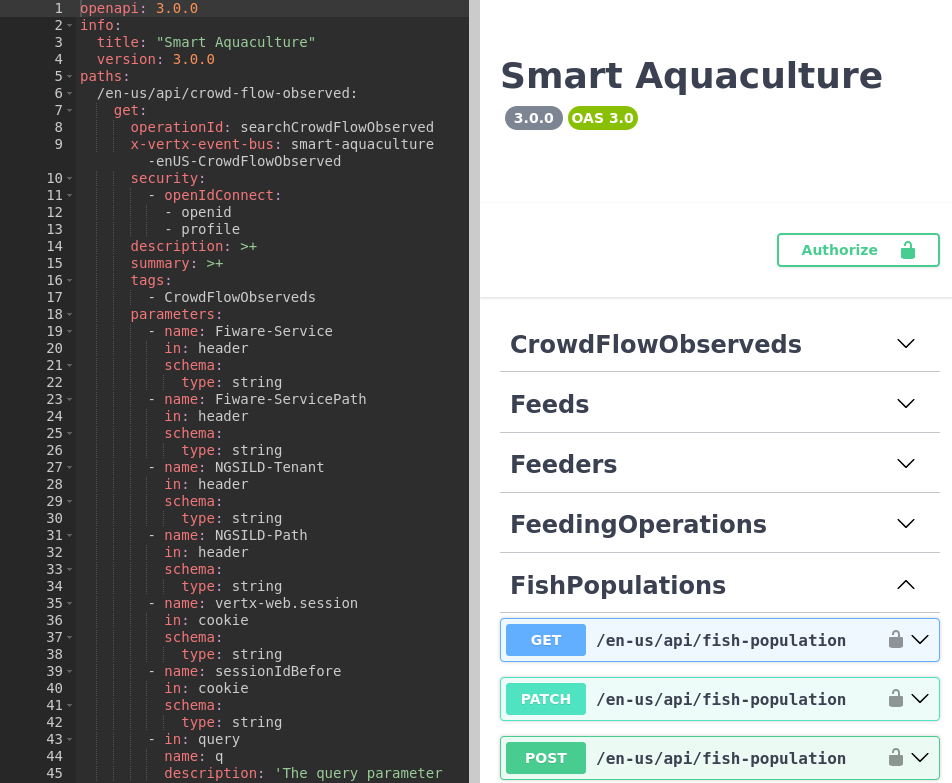Regenerate OpenAPI spec, initialize database, and run your site!

At this point, you have generated a brand new data-driven website that can be customized for business use cases.
It’s time to compile your code, regenerate the OpenAPI specification for your site, update the database schema with the SiteUser model, and create the new SiteUser database table. The reason for a database table for site users is for giving the user settings to toggle and configure within the application. One of the typical user settings I always add is a see archived feature to see site data that is no longer relevant and has been archived.
Compile, regenerate, and run your website!
Compile, regenerate and run your webiste by following the 03-regenerate-api-database-and-context.ipynb Jupyter Notebook in the files of VSCode and running each command in the Jupyter Notebook with the Bash Kernel.
If there are still lots of errors in the code generation, you may have skipped creating one of the important Java files in the previous notebook, like SiteUser.java, SitePage.java, SiteRoutes.java, MainVerticle.java, or WorkerVerticle.java.
These 2 Java files depend on each other, and generate errrors when one or the other doesn’t exist. After they both exist, then the code generation can properly link to each other.
If you still have mvn clean install compilation errors, try this code generation command below, or ask your instructor for help.